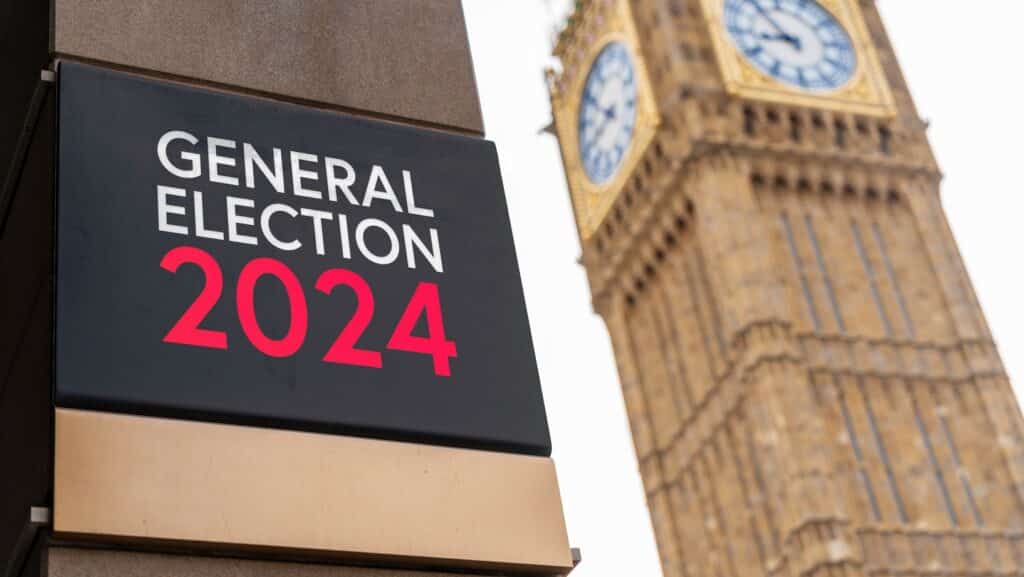The UK has voted to choose their next government, with exit polling by Ipsos forecasting a landslide win for Labour.
As counting of the votes continues for the 2024 parliamentary election, Keir Starmer has been predicted to become the UK’s next prime minister.
After 14 years of economic and political upheaval, it seems voters are looking for a change from Prime Minister Rishi Sunak’s governing Conservative Party.
The exit polls show Labour is on course to win about 410 seats in the 650-seat House of Commons, and the Conservatives 131. That would be the Tories’ worst result in the party’s two century history.
How will Labour’s win affect women?
Britain’s Labour party is promising a “decade of national renewal”. One of its largest pledges is on tax cuts, such as lifting the minimum tax threshold to £20,000 and lowering fuel duty. However, analysis shows that tax cuts disproportionately benefit men, since they tend to be higher earners than women.
Amidst a crisis in recruiting and keeping teachers in UK state schools, Labour wants to add 20 per cent VAT to private school fees, to pay for 6,500 extra teachers in state schools. This is an issue that largely affects women, considering UK data shows 83 per cent of teachers in the country are female.
Labour has also promised to build 1.5m new homes in England during the next five years, which is a level of housebuilding not seen in the country since the 1960s. Homelessness is a widespread national issue, with more than 75,000 women and their families living in temporary accommodation in the UK.
When it comes to working conditions, Labour has pledged to make flexible working “the default” and ban “zero-hour contracts”. Research has shown flexible working policies better support women in the workplace.
One of Labour’s biggest spending commitments will be on green initiatives, with £23.7bn going towards “Great British Energy”, a new publicly-owned energy company. The idea is to insulate the UK against shocks to the international energy market, as seen during Russia’s invasion of Ukraine, and to meet climate targets. And it’s no secret that climate change disproportionately affects women around the world.
Looking at healthcare, Labour is promising to deliver an extra 40,000 operations, scans and appointments a week in England by introducing more weekend services, as well as turning to the private sector. This is meant to clear the backlog in waiting lists for planned care with the NHS.
Data from this year has shown that almost 600,000 women in England are waiting for gynaecological treatment, an increase of a third over two years. And the government has been accused of “deprioritising women’s health”.
Who will be leading these Labour policies?
Keir Starmer is the center-left party’s leader, who just three weeks ago wasn’t doing well in the UK opinion polls.
When asked by YouGov how well Sir Keir Starmer was doing as opposition leader, 46 per cent of respondents said “badly” and 36 per cent said “well”, while 18 per cent said they “don’t know”.
Earlier this week, Keir told Virgin Radio he would attempt to clock off at 6pm on Fridays to spend time with his children.
This sparked ridicule from the Tories, who said he’d be a “part-time PM”. His opponent, Sunak declared that he hasn’t “finished at 6pm ever”.
Before the election, Sophie Stowers, a politics researcher for the not-for-profit think tank UK in a Changing Europe, told the ABC that “Starmer was the least unpopular, if you can spin it like that.”
“He wasn’t exactly speaking people off their feet as a potential prime minister.”
“I think the reason that Labour was doing so well [in polling] in spite of that, is just because of how unpopular the Conservatives are.”
Another general election is not scheduled in the UK until 2029.


